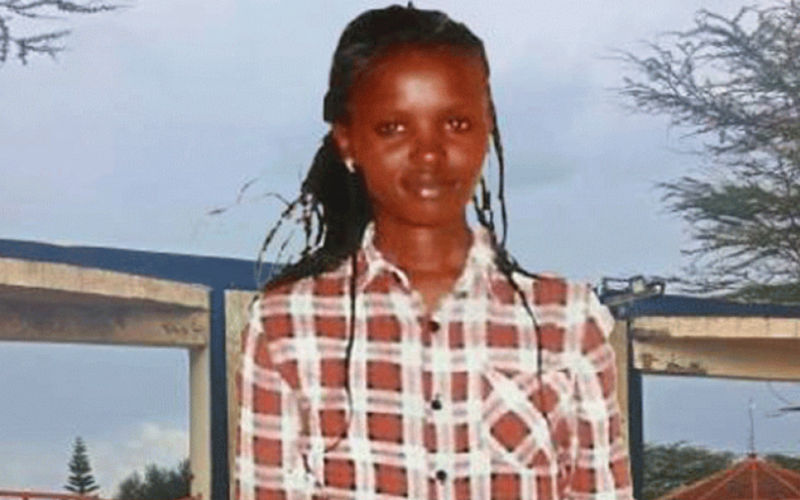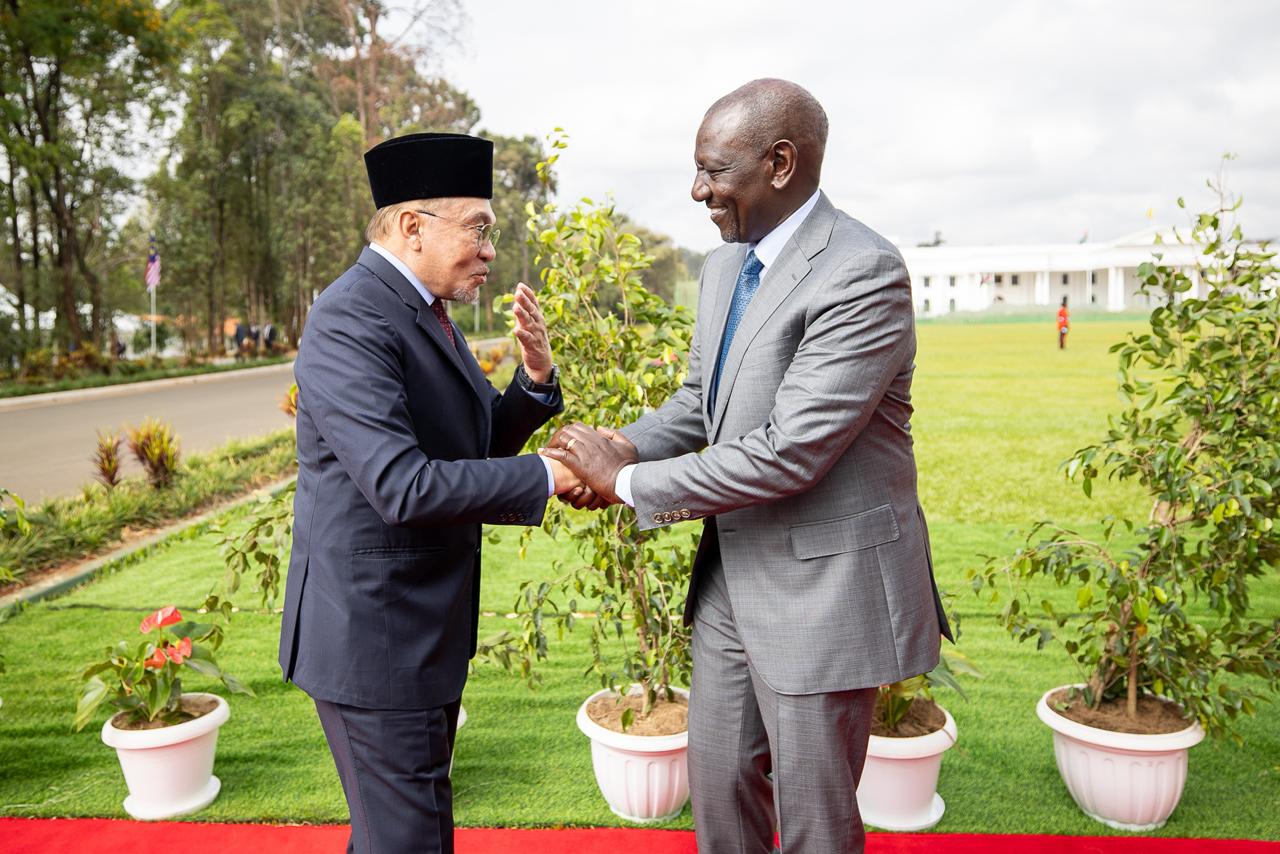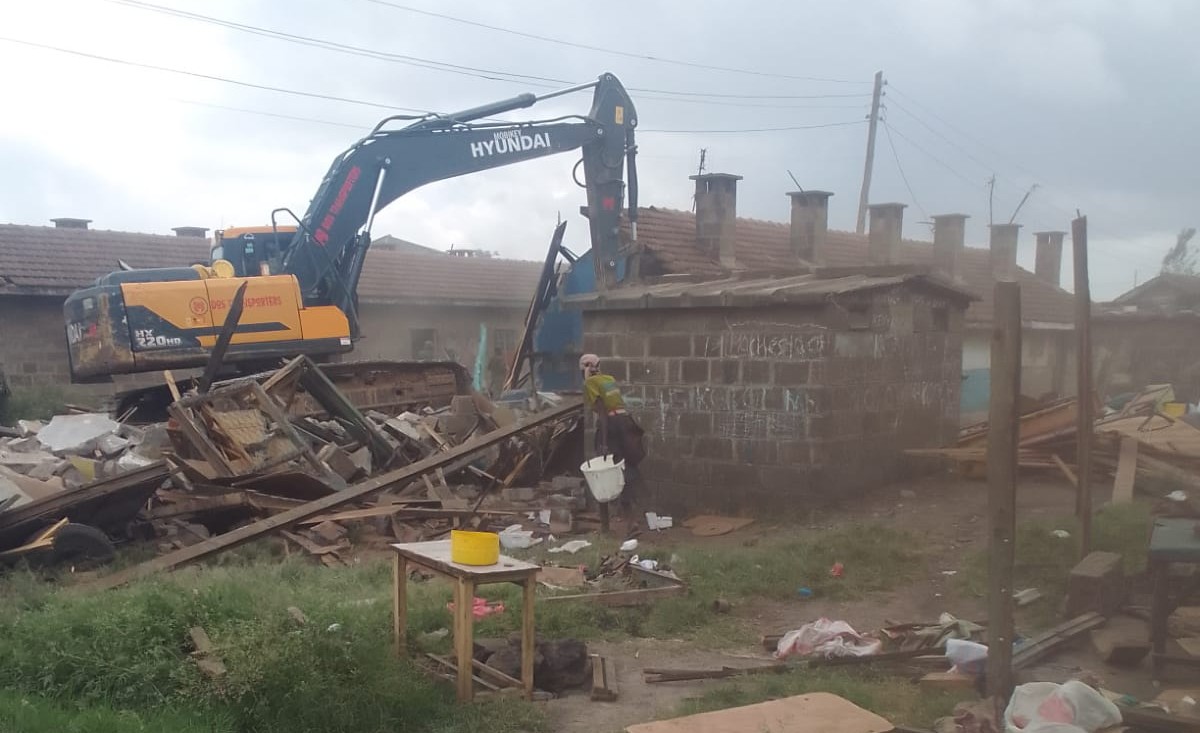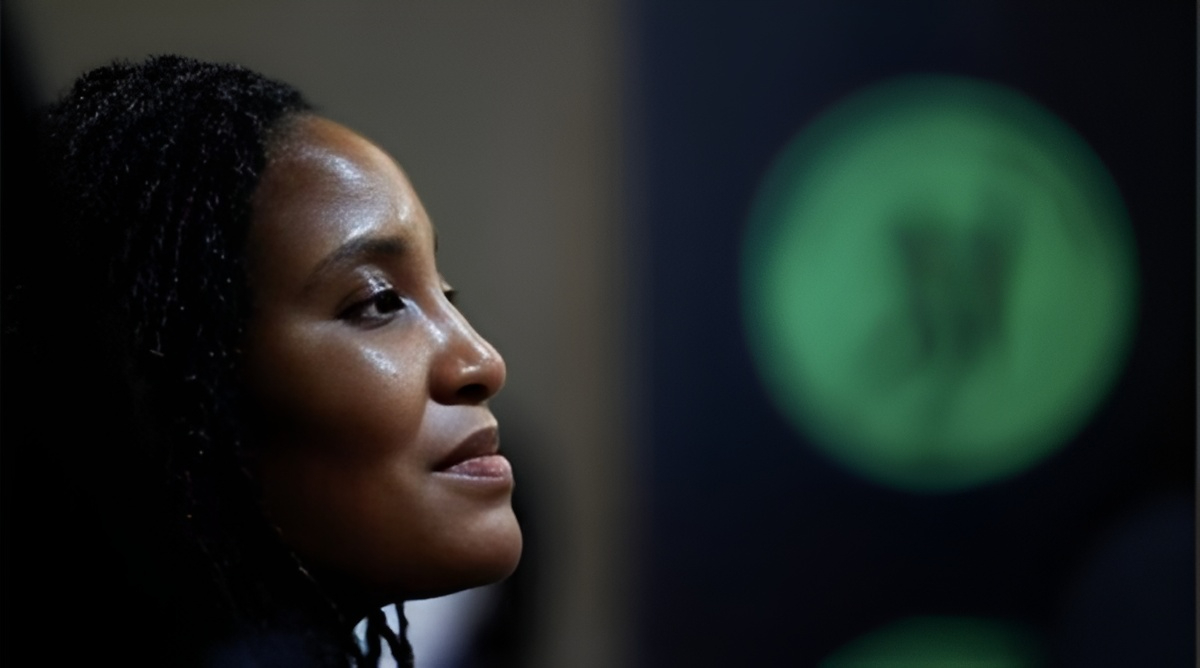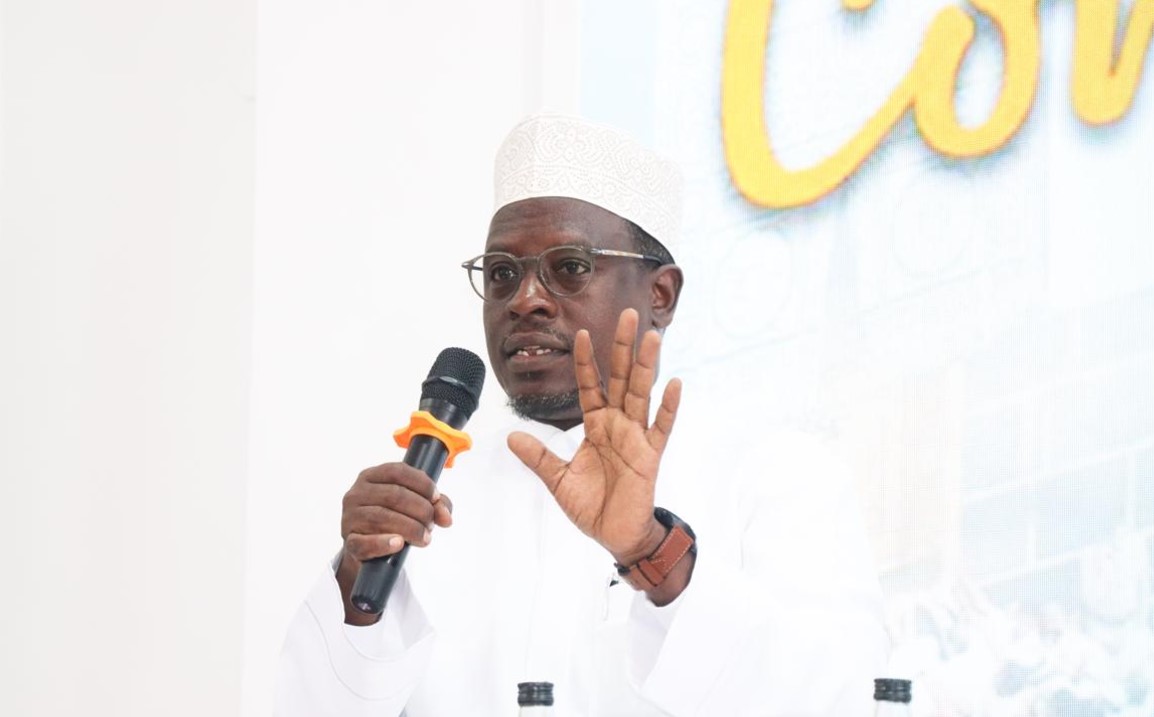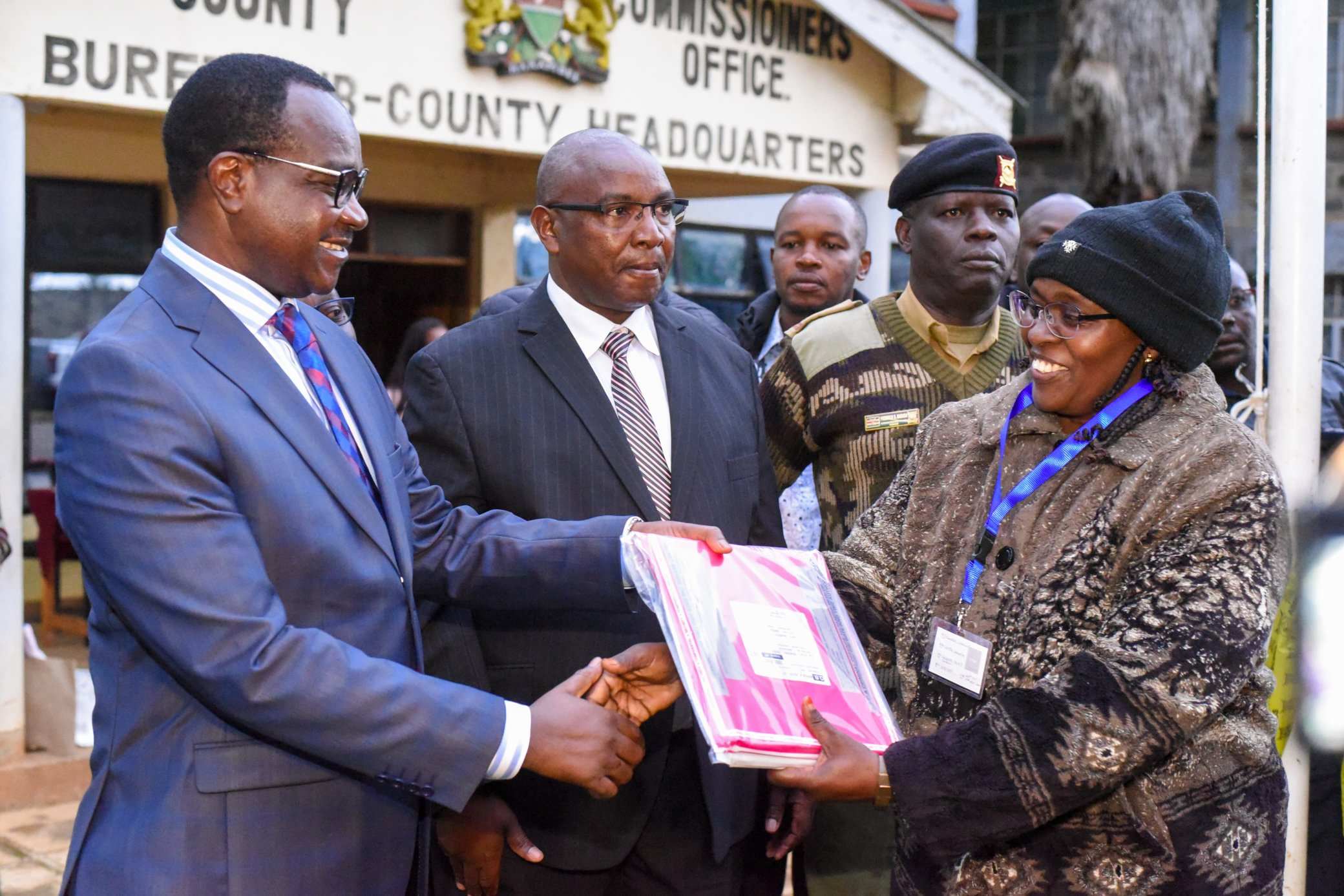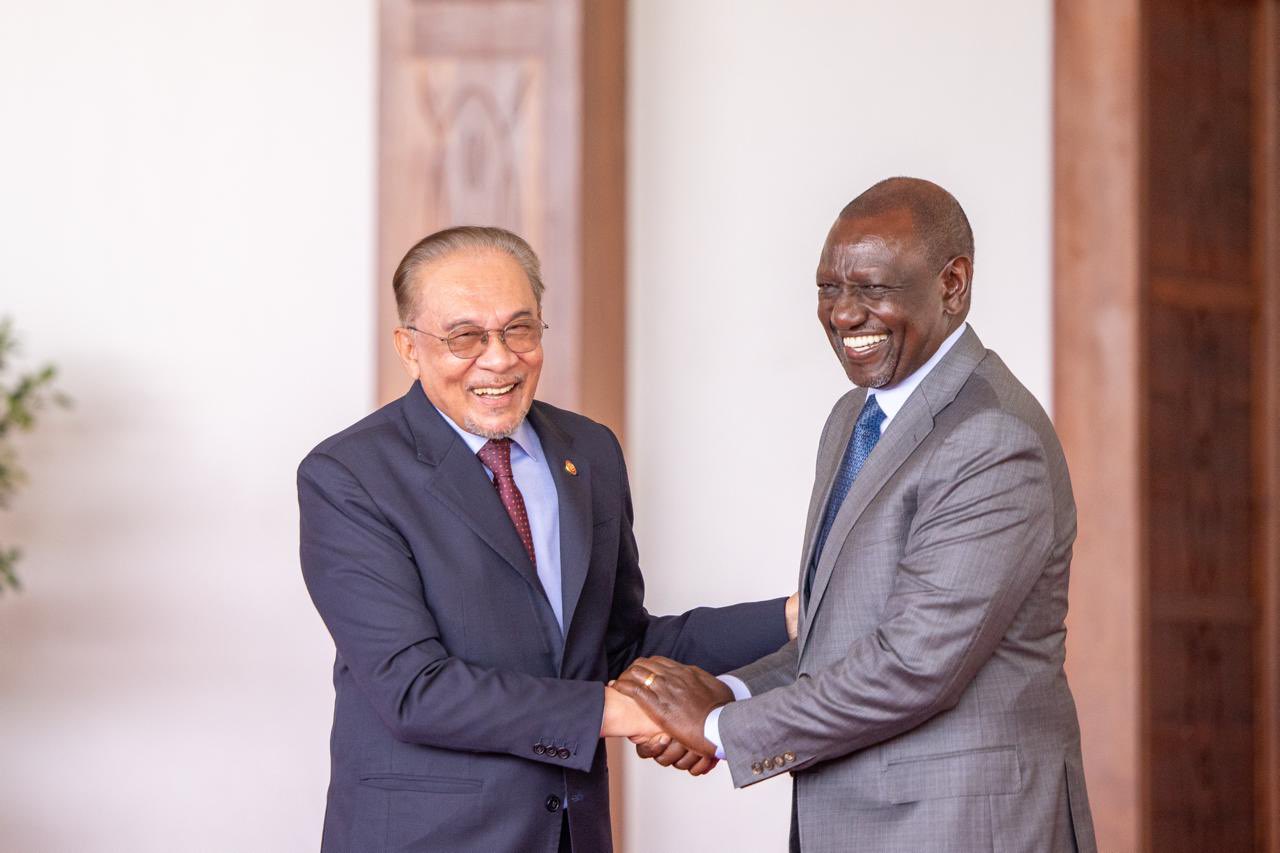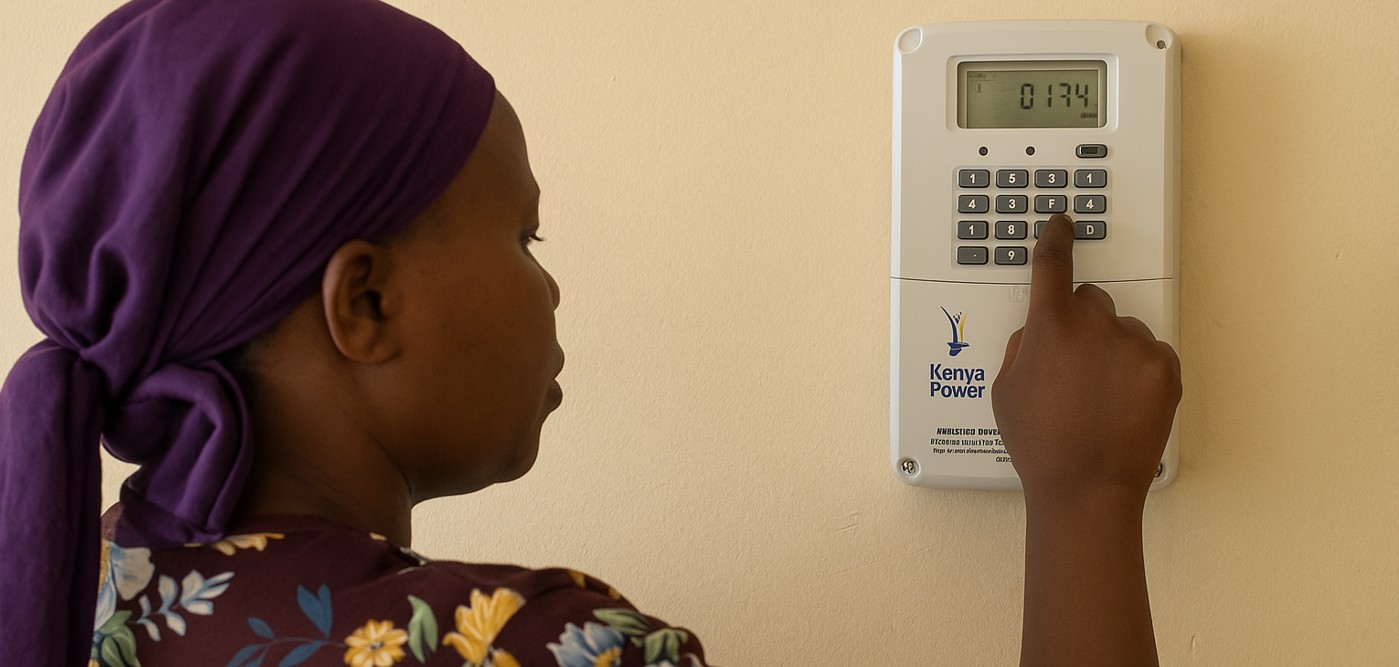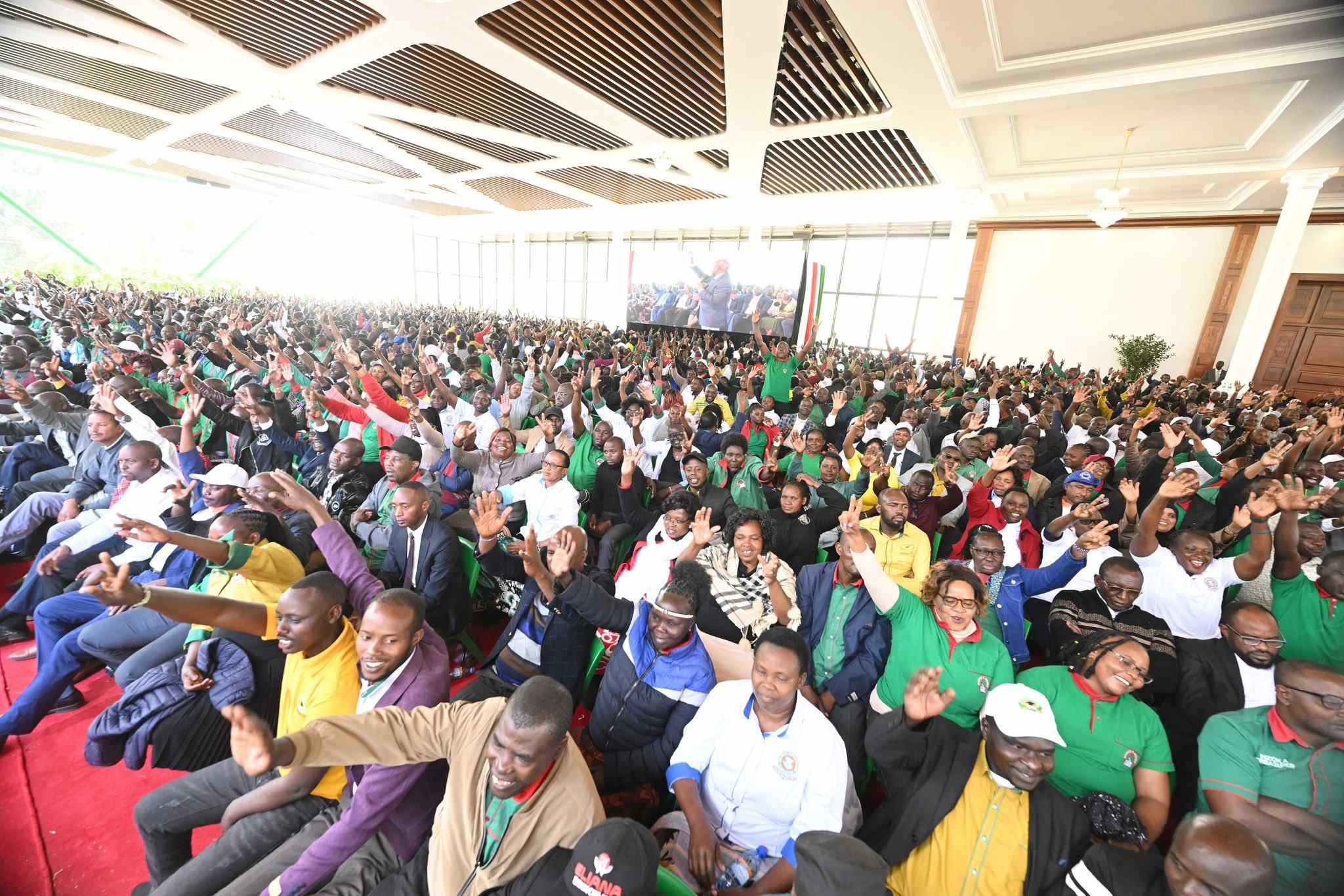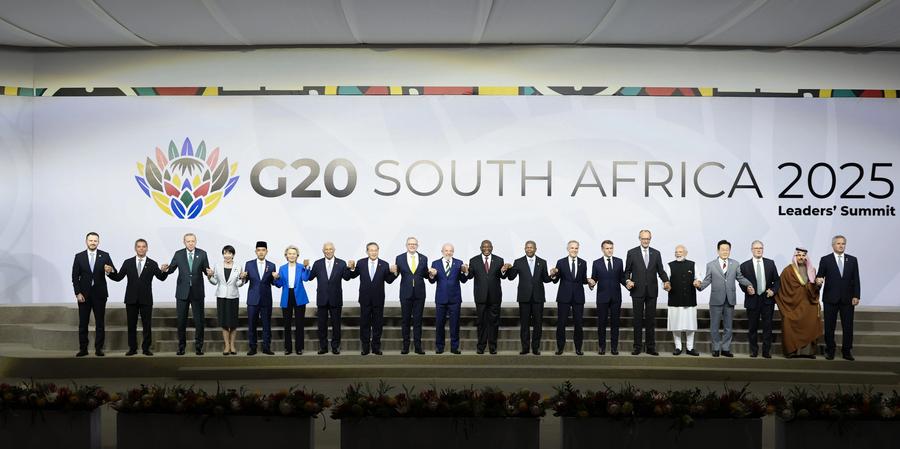DRC-Rwanda peace deal: What you need to know
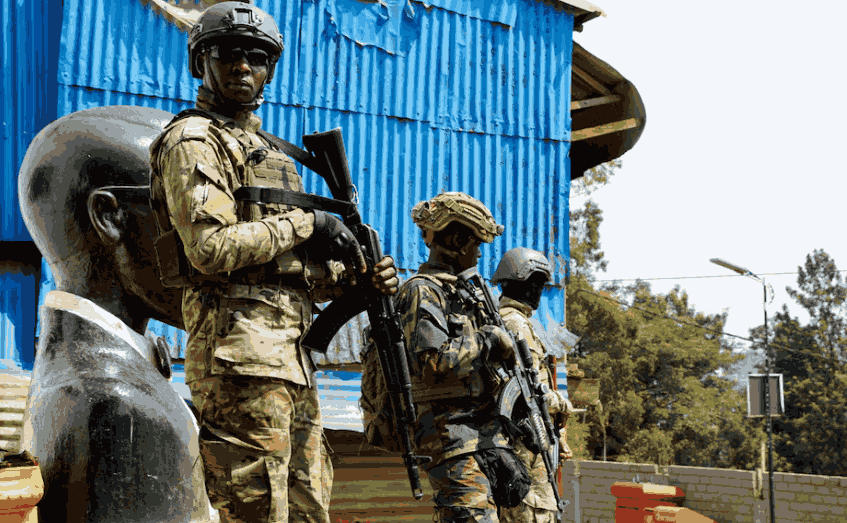
A treaty between Rwanda and the Democratic Republic of Congo comes as the United States tries to reassert its role as a global mediator under President Donald Trump. But it leaves many unanswered questions.
Congolese Foreign Minister Therese Kayikwamba and her Rwandan counterpart, Olivier Nduhungirehe, have signed a peace agreement in the presence of US Secretary of State Marco Rubio in Washington. Reportedly, a meeting with US President Donald Trump in the White House is set to follow.
Trump had already referred to the agreement as a "wonderful treaty" even before its final signing, but some critical voices doubt whether the deal is far-reaching enough.
More To Read
- M23 rebels hands over minors taken from conflict zones in North Kivu, DRC
- UN decries ‘truly horrific’ massacres in DR Congo
- MONUSCO condemns ADF attacks that killed 89 civilians in North Kivu
- Kagame, Emir of Qatar highlight deepening ties after Kigali visit
- Rwandan, Belgian foreign ministers hold talks to mend ties after months of tension
- Rwanda, DR Congo talks move into ‘phase two’
Thousands of people have died and millions have been displaced in a conflict that reignited in 2021 when M23 rebels launched their most recent offensive in Congo.
The fighting quickly escalated as allegations of Rwanda propping up M23 insurgents from across the border were broadly circulated and later confirmed by various international bodies, including the US government.
Rwanda has repeatedly denied those claims but has nonetheless agreed to commit to the peace deal.
"This agreement marks a very important step towards establishing peace in the African Great Lakes region," said Yvon Muya, a political analyst focused on African affairs at Saint Paul University in Ottawa, Canada.
"But nobody knows yet whether it will hold. That will depend primarily on the two parties concerned, i.e. the Congolese and Rwandan authorities."
'World must not forget about DRC'
There's a great deal of hope resting on the agreement, which could potentially bring an end to 30 years of unrest in eastern Congo.
But Tom Fletcher, under-secretary-general for humanitarian affairs and emergency relief at the UN agency OCHA, told DW that in the absence of any external controls to guarantee peace on the ground, it was "very important to ensure that everyone sticks to this peace process."
"I hope it will help stabilise the situation here. Life is very difficult for these communities," Fletcher said.
"The world is distracted by Europe, Israel, Iran and so on. I'm here to remind people that we must not forget about the Congo," Fletcher said. The city of Goma, on the border with Rwanda, bore witness to the brunt of atrocities and fighting.
"I was truly shocked to see the rate of violence against women," Fletcher said. "Although this peace process will deliver a different life for these communities, we need to strengthen international law and protect people. We have to ask: Will this peace help protect them against sexual crimes, sexual violence?"
Focus on disarmament instead of protection
The UN says rape has historically and systematically been used as a weapon of war in Congo by M23 rebels and other groups fighting to expand their influence.
But the peace deal, which was brokered by American and Qatari diplomats, does not address sexual violence directly, nor does it include any measures for justice and restitution.
Rather, it stipulates the future will be built on "respect for territorial integrity and a prohibition of all hostilities," and will also include a clause on the disarmament of all "non-state armed groups."
"There is also mention of integrating the armed groups, but only under strict conditions," Muya told DW.
"This suggests mediators for the region have perhaps learned from previous efforts. They clearly remember how in the past, the Congolese army was infiltrated by other armed or criminal groups and also by questionable figures."
Transactional deal in signature Trump style
Previous attempts at disarming and integrating rebel groups have delivered mixed results at best. The US-brokered deal has especially been subject to criticism for not paying close enough attention to this aspect of the conflict in the final draft of the document.
In fact, with M23 representatives walking out on previous peace talks, the peace deal might come across as more of a truce.
While the agreement focuses on disarmament on the DRC side of the border, it makes no reference to Rwandan forces. The peace deal instead seems to rely on economic cooperation intended to benefit both countries.
According to a press statement, the agreement focuses on the creation of a "regional economic integration framework," without going into further detail.
"The two countries have at least committed themselves to ceasing all forms of hostility. In this sense, [the peace deal] is chiefly a process to restore trust," said Muya, expressing hope in the transactional approach to peace.
Displacement crisis ignored
But Muya added that the "human aspect seems to be overlooked" in the agreement, such as the return of refugees and displaced people.
Fletcher also pointed out, "communities have been displaced and destabilised several times."
"We really need to support the refugees, the displaced with whatever they need," he said, adding that securing funds to rebuild the region was likely going to be difficult.
"[T]he world has become less generous — less kind, in fact. And so it's our job to convince [the international community] to provide the necessary support," he said, as the UN faces major shortfalls due to widespread international funding cuts.
Peace in exchange for economic gain?
Some analysts fear an exploitative dimension to the peace deal. The wording on economic cooperation between Congo, Rwanda and the US has been criticised as being too weak considering the region's abundant mineral wealth. Previously, this resource wealth has been a catalyst for regional hostilities.
The Trump administration has suggested it wants to expand its influence in Africa and compete with China.
The deal also leaves out key African players who have recently tried to mediate and stabilise the region. The East African Community (EAC) and Southern African Development Community (SADC) are completely left out of the agreement after, in some instances, withdrawing their troops from the region recently.
Top Stories Today
